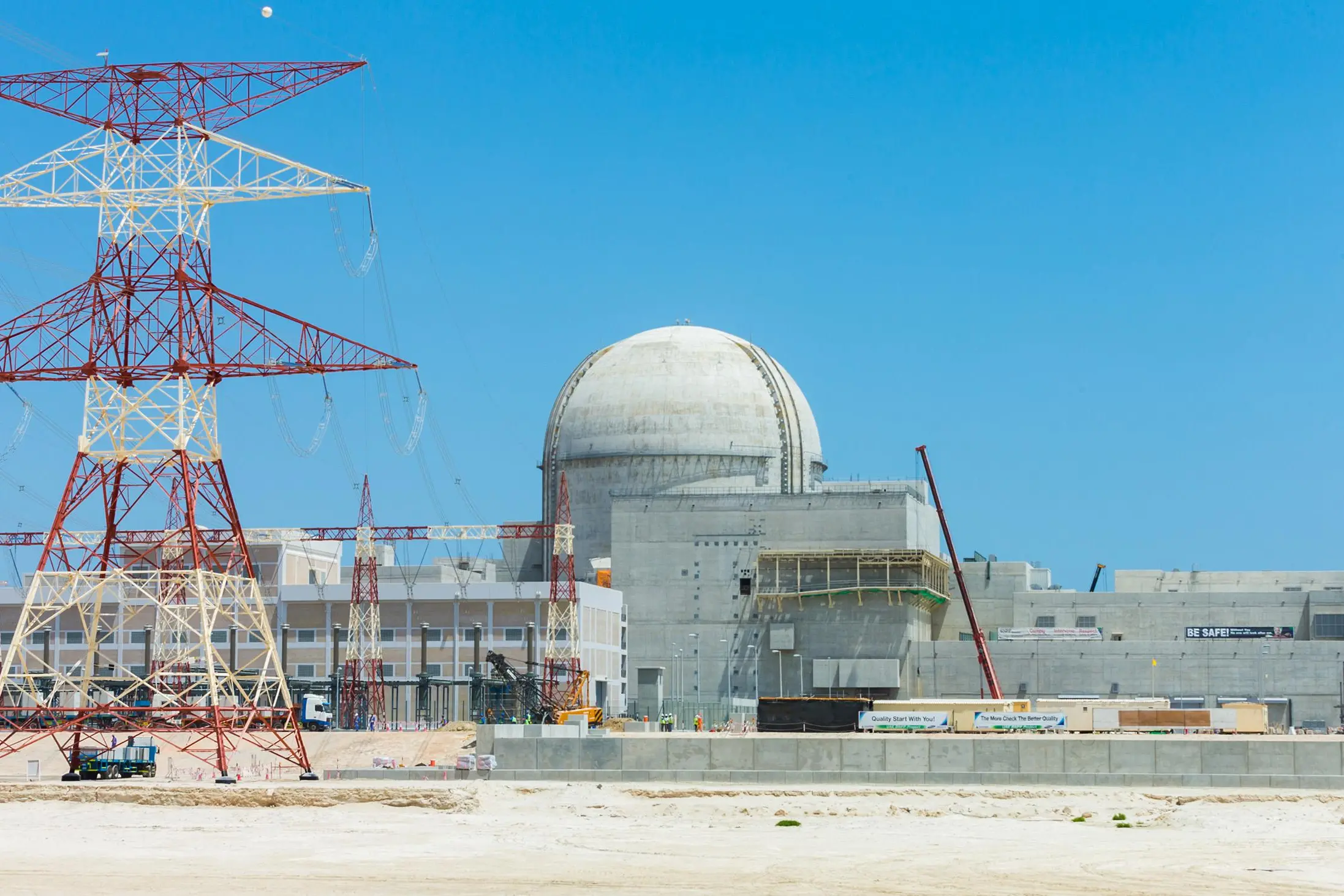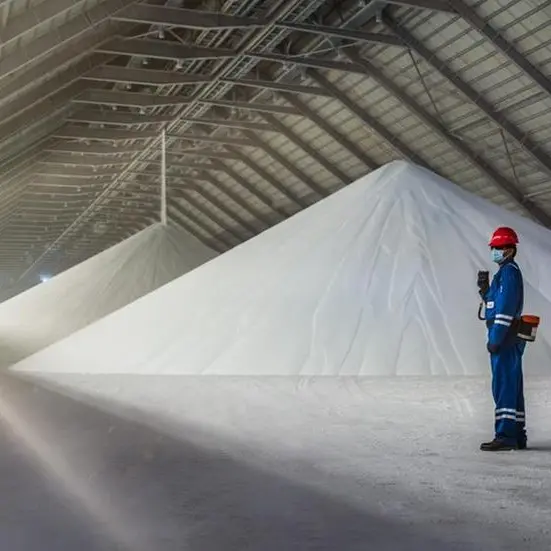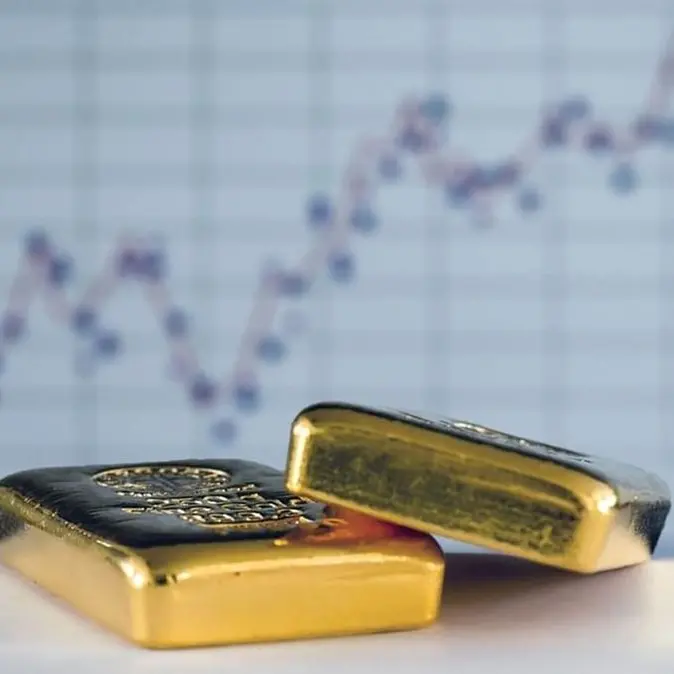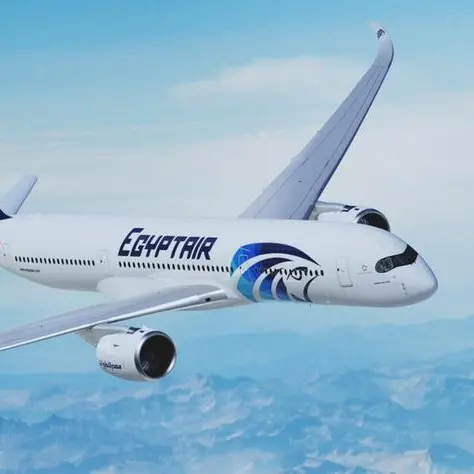PHOTO
ABU DHABI - The United Arab Emirates' first nuclear reactor will "definitely" be operational next year with the operating company getting a licence in 2018, the UAE's energy minister said on Monday.
The world's largest single nuclear project, the Barakah plant will have capacity of 5,600 megawatts (MW) of electricity, with four 1400 MW reactors.
Korea Electric Power Corporation (KEPCO) is building the four APR-1400 reactors simultaneously.
The UAE was forced to delay the start-up by a year as the company set up to run it had not yet received an operating licence to ensure sufficient time for international assessments and safety standards, the Emirates Nuclear Energy Company (ENEC) told Reuters in May.
The first reactor at Barakah is 96 percent complete now and is in the final stages of commissioning, Suhail al-Mazroui told reporters.
"Nawah will get the licence next year and the opening of the first reactor is definitely next year," he said, without giving a specific date.
Nawah is a joint venture between ENEC and KEPCO set up to run the plant.
The second and third reactors are 86 percent and 76 percent complete, while the fourth is 54 percent done.
Nuclear power will contribute about 25 percent of the UAE's green energy mix by 2021 when all four reactors are completed.
It will account for about 50 percent by 2050 along with solar power, Al-Mazroui said, adding that growth in demand for electricity in the UAE ranges between 6 and 8 percent annually.
Nuclear fuel for the reactors will be sourced from South Korea as well as from companies in Russia, France, the United States and some other countries but the fabrication will take place in Korea, Hamad al Kaabi, UAE's permanent representative to the International Atomic Energy Agency (IAEA), said.
The UAE is examining different scenarios for the nuclear waste from the plants. One is to develop the UAE's own storage sites, another is to send the waste abroad for reprocessing and bringing back small volumes to the UAE.
"All these scenarios are under discussion," said Kaabi.
(Editing by Jason Neely) ((Maha.Dahan@thomsonreuters.com; + 9712 4082101; Reuters Messaging: maha.dahan.thomsonreuters.com@reuters.net))





















